For Salone, of ourselves
we give
even these Señoritas
I do miss the cool nights back home, coming easy as a turn of a knob to Low, Med, or Hi. But at least, compared to Freetown and Makeni, the nights here in Kabala are much cooler. Thankfully the temperature dips by nightfall and by dawn it can be nippy cold. I sleep with the glass-paned windows open (beyond the screen and steel grills). Sometimes when I find myself awake past midnight, I squint at my home-time-set watch and know that the kids are now in school and my wife is in her office.
Through the window
a lone star
keeps me company
February 6, Saturday. It’s a little past 6 in the morning. From the porch of our VSO house I am vis-à-vis the barren rock face of Warawara hills, just 500 meters or so away — a bald, eighty-degree granite wall that could easily be one and a half hectares in area. The air is laden with moisture, and I load my lungs in slow, heavy breaths. If I take off my shirt I am sure I will shiver. Back home my wife is now past half her office hours, two hours past lunch. I think of her and distill the moment:
[/fusion_builder_column]Like us, each dawn
morning fog
hugs Warawara
I am the only volunteer in the house these past few days. John is in Makeni, Saahiel is touring the country with Amy. I look forward to a quiet weekend ahead. There is a nice spot at the back of our house, where trees completely shade an area from direct sunlight. This would have been a cool refuge from the daily searing heat, but the waft coming from our neighbor’s outhouse just completely spoils Warawara Hills, a few hundred meters from the VSO house, Kabala it. In this place bereft of running water, what is a quicker option than a hole in the ground and some timber boards appropriately spaced in between for fast deposition? Yet I know about improved pit latrines or compost toilets where controlled decomposition is used to minimize odor and improve sanitation and are appropriate for areas with no sewer system. But I am just a humble water management adviser here. Much as I would like to help, tough sh—t, I have to work on dams, not droppings. Farms, not feces. So I pick up my drink and retreat inside.

Shaded spot in VSO house, Kabala. Nice place to unwind, if not for some bad wind wafting through from across the wall.
Sipping tea
gusty warm breeze
stirs my solitude
A lot of indiscriminate burning is going on in the countryside. Burning encourages new growth of grass and other vegetation. Ash left behind is fertilizer. New grass means succulent forage for cattle, as well as wild game that then can be caught for their meat. Burning also is a quick way to clear land for farming. Yet burned vegetative cover hastens soil erosion. Eroded soil means low crop yields. In good there is bad, bad in good. Yin and yang.
bits of ash
falling, rising
a mountain burns somewhere
February 7, Sunday. I get ready to attend the Holy Mass in the Catholic church here. Putting on my socks I see that I am getting cracked heels. But I leave that for next.
Last Updated on October 12, 2016 by Tudla_Admin





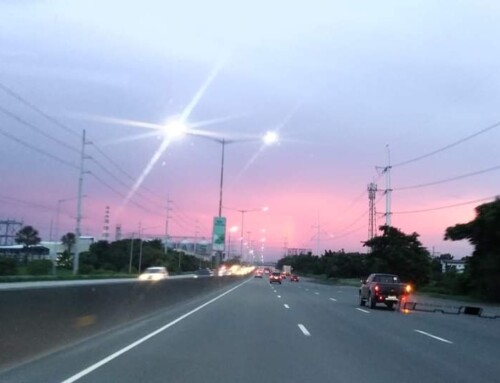

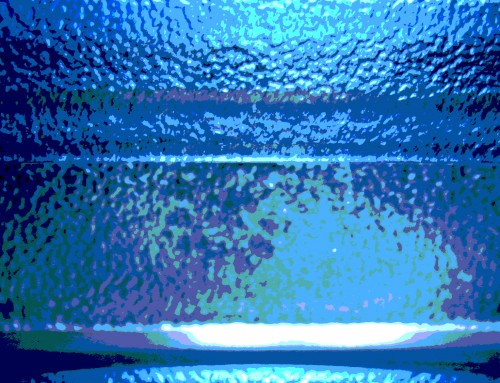
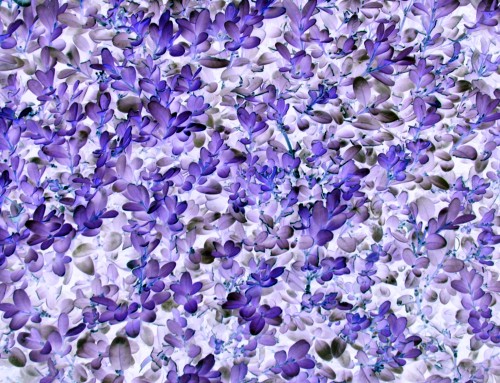
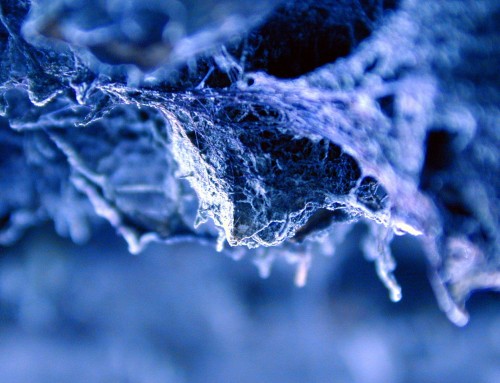

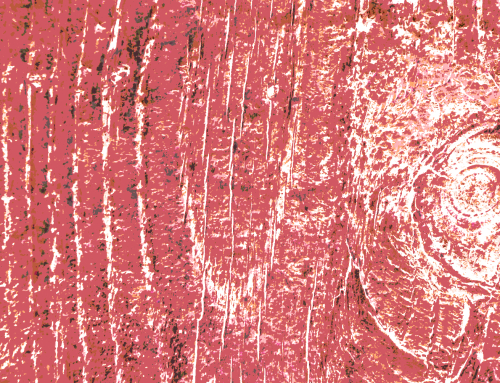
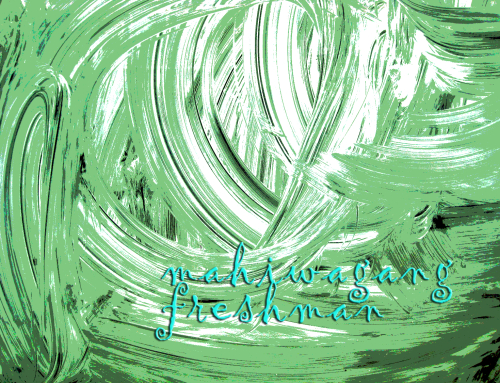
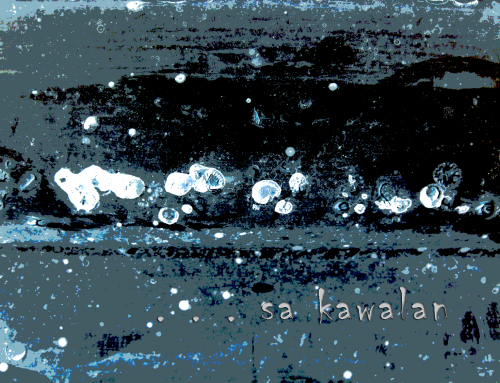

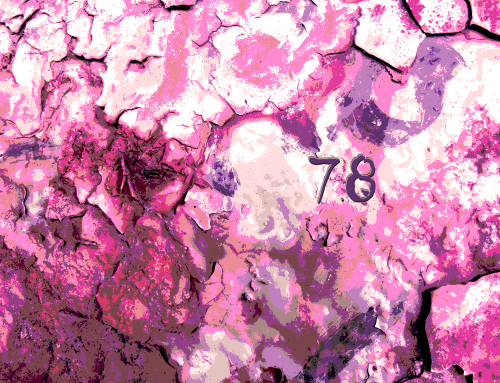


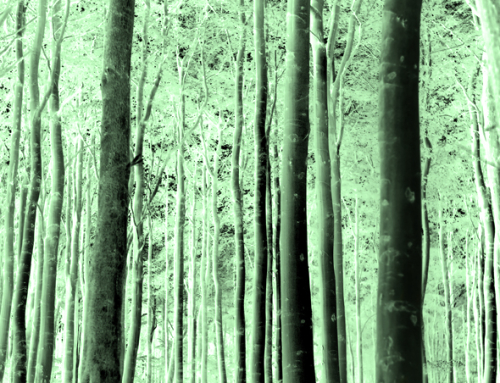

Leave A Comment